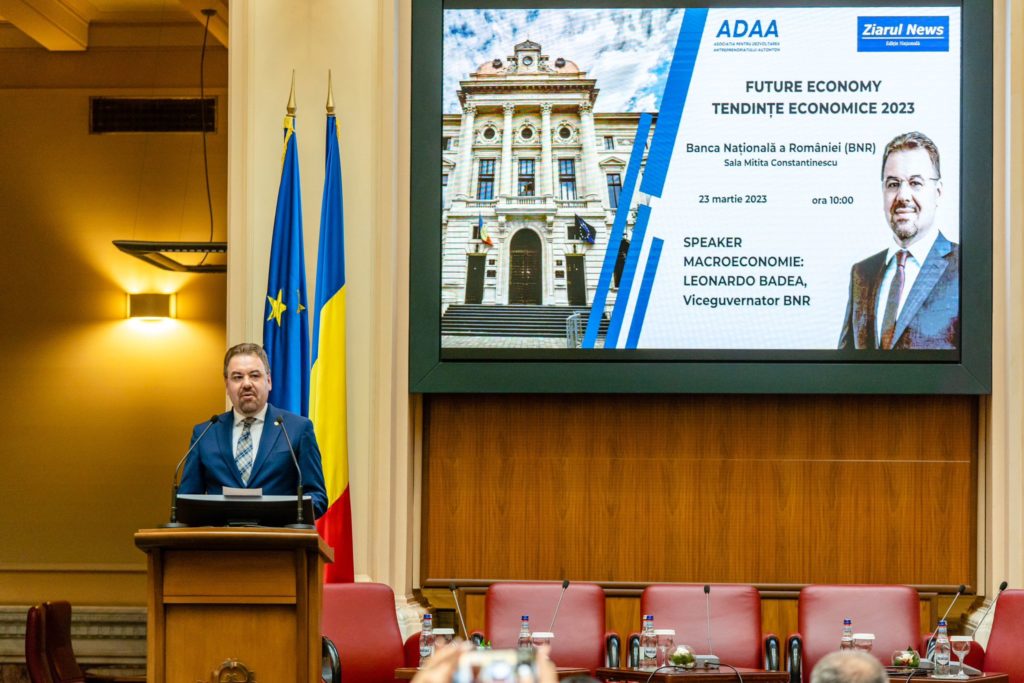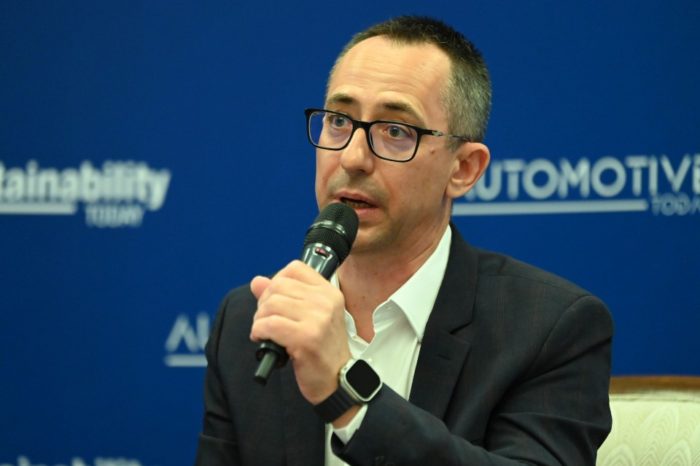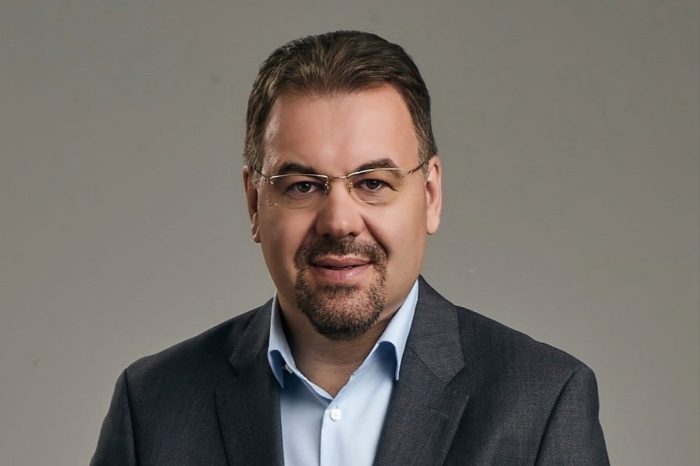Future Economy – Economic Trends 2023: Macroeconomic risks, vulnerabilities and opportunities this year

The companies In Romania have more investment opportunities in the coming period, which will lead to an increase in the national economy, provided that the state treats the private business environment equally with the public one, the participants of the first edition said yesterday of the conference “Future Economy – Economic Trends 2023” organized by the Association for the Development of Indigenous Entrepreneurship (ADAA) and the News newspaper.

At the opening of the event, Leonardo Badea, the vice-governor of the National Bank of Romania, declared that even in 2023 there are risks with implications at the level of the economy and in the financial sector due to the overlapping crises that continue and the war in Ukraine.
“The year 2023 will be a difficult year for the global economy and for Romania. The unpredictability of the evolution of the war in Ukraine represents a major risk for the dynamics of the local economy, which will have indirect effects on the financial sector as well. The evolution of inflation will also represent a challenge for central banks Therefore, expectations regarding economic growth this year remain reserved, especially since the level of uncertainty and volatility of the financial markets could continue to remain at high levels, due to exogenous factors such as the war in Ukraine or combined energy prices with the possibility of a more difficult winter ahead than the one we just came out of. Also, the downward trajectory of inflation could be reduced due to the same exogenous factors. In this context, credit conditions will remain tighter and risk premiums will match the rate inflation. The period of cheap money is already over,” said Leonardo Badea.
The vice-governor of the BNR showed that at the level of the banking system in our country there is an improvement in the quality of bank assets, especially that the rate of non-performing loans stood at only 2.7% in January 2023 and that there are sufficient provisions to cover non-performing loans, the level of these provisions being far above the European average.
In these conditions, Leonardo Badea expects significant changes in the way businesses operate, in the services and goods delivered, as well as in the behavior of consumers, through the lens of digitization and the reforms imposed by the transition decided at the European level to combat climate change.

Andreea Negru, founder of ADAA, stated: “It is a time of great change and transformation in the world of the global economy. In recent years, we have seen significant growth in emerging economies, a shift towards sustainability, and a slowdown in growth in developed economies. In this Future Economy – Economic Trends 2023 conference, we discussed the economic trends that will define the world economy in the year 2023. One of the most important trends of the global economy in 2023 will be the acceleration of the digitization process. More and more companies and governments are adopting advanced technologies such as artificial intelligence, robots and blockchain to increase efficiency and reduce costs. This trend will continue to change the way economies work and generate new business opportunities. Another important trend will be the increase in sustainability and concern for the environment. The more governments and companies take responsibility for reducing carbon dioxide emissions and developing cleaner technologies, the more opportunities arise for renewable energy and energy efficiency companies.
At the same time, we must recognize that there are also significant challenges. The global economy is still fragile and there is a risk of further economic crises. Some countries face major problems of political and social instability, which negatively affect their economies. In addition, climate change can cause a number of negative effects on economies. Under these conditions, it is important to remain optimistic and look for innovative solutions to economic problems. Businesses and governments must work together to find sustainable solutions to economic and social problems. We need to make sure that the global economy, and implicitly the national one, is fairer and more sustainable for all. “.
In the current international context, to continue economic growth, policies aimed at reducing the inflation rate and implementing the reforms from the National Recovery and Resilience Plan are needed, says Anca Dragu, former president of the Senate and former finance minister.
“We must pay attention to economic growth so that it is not reflected in imbalances, such as the increase in the balance of payments deficit, the current account deficit. We are the country with the largest current account deficit in the European Union. (…) Access for financing is very narrow, the price of crediting is very high, which puts pressure on the business environment. The only variables that solve this problem are European funds, which represent cheap money. That’s why I think we need to increase the degree of absorption both for the rest of the amounts we have left to spend until the end of 2023 from the 2014-2020 multiannual financial framework, as well as for the amounts allocated through the PNRR and through the 2021-2027 multiannual financial framework,” said Anca Dragu.
State companies, favored by the political factor in the allocation of European funds
The representatives of the private business environment showed that the state does not show fair play when allocating funding from European funds.
“The state still allocates the least amount of money for the private business environment, far below what we estimate is needed. Utopian projects are still financed from European funds, and at the end of the European financing period it is found that the money was not spent and only then are they redirected to the private sector which has demonstrated that it knows how to successfully absorb the amounts allocated from Brussels. Why is this not done from the beginning of the multiannual financial framework? This is also happening now for the period 2021-2027, when the state allocates a lot of resources to the public sector and very little to the private sector”, said Florin Jianu, president of the National Council of Small and Medium Private Enterprises in Romania (CNIPMMR).
He added that this year there is a potential danger in the blocking of the started investments due to the lack of the necessary pace from the state to make payments for the completed works.
Regarding the situation that entrepreneurs in our country will face, the president of CNIPMMR, based on the data from the White Paper of SMEs 2022, showed that 7 out of 10 companies claim that they are afraid of the evolution of the global economy, 57.12% say that they want predictability, and 52.82% complain about bureaucracy. Regarding the business climate at the European level, in an analysis carried out by SME United on the 23 million SMEs existing in the European Union, it is shown that the index regarding this climate stands at 72.4 points and that it will register a decrease in the first half of 2023.
“The perceived business climate in Eastern Europe and the non-euro area shows an increase in the index in the first half of the current year, which gives us hope that the national economy has a growth potential. However, even if the trend is growth, the 65.5 index of the business climate in this area is far below the European average and the indicators on the basis of which it is calculated all have a downward trend during this year,” said Florin Jianu.
Regarding the business opportunities detected by the entrepreneurs in our country, the president of CNIPMMR showed that 51.37% of the respondents of a study prepared by the SME Council want to obtain grants from euro funds, 40.71% want to develop their activity on domestic markets, 38.78% want to enter other domestic markets (from our country) and only 35.13% are interested in exporting the products made by their own company.















